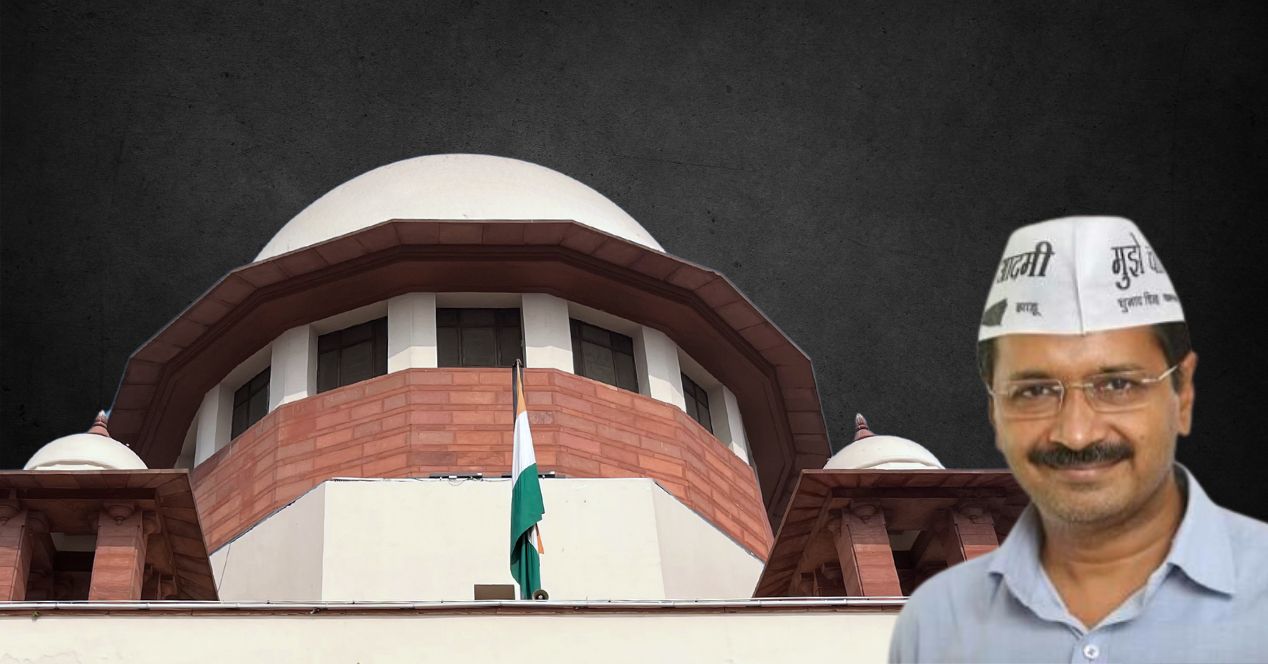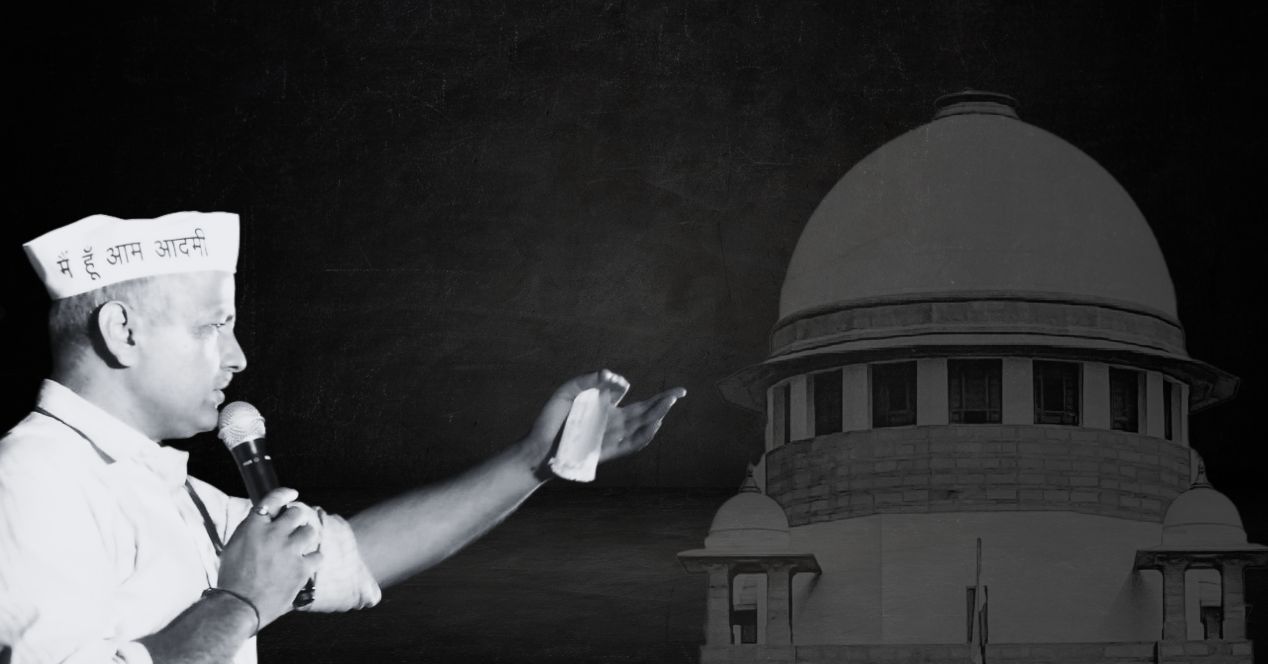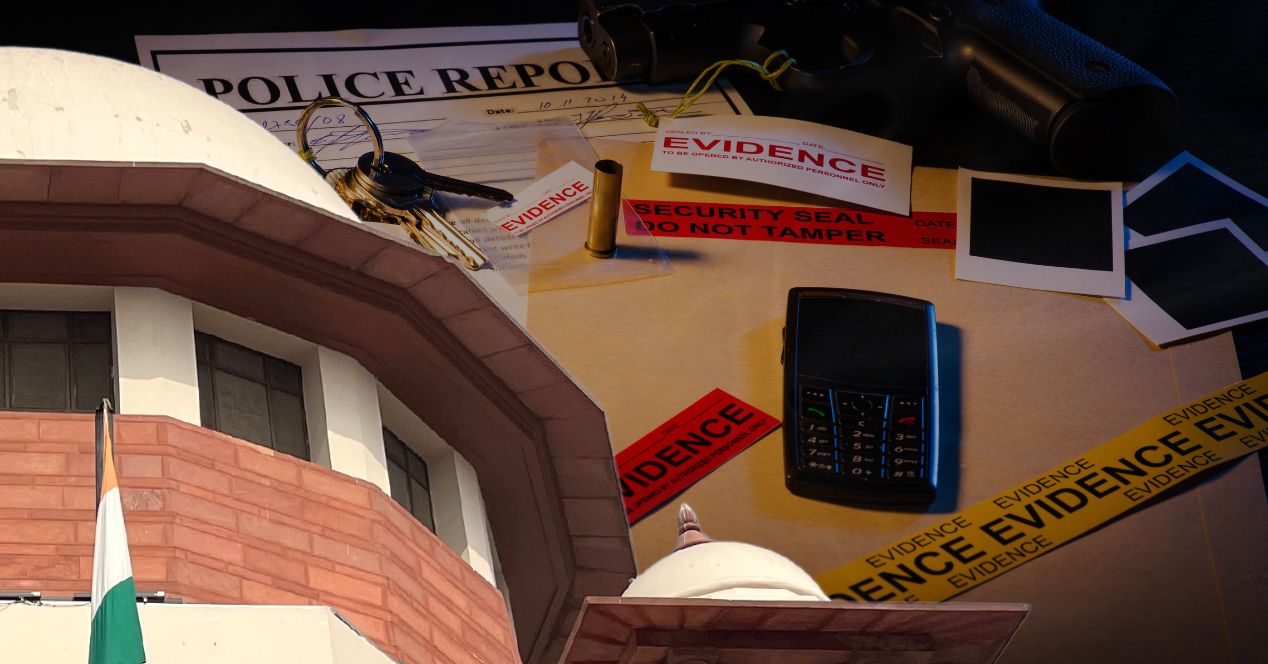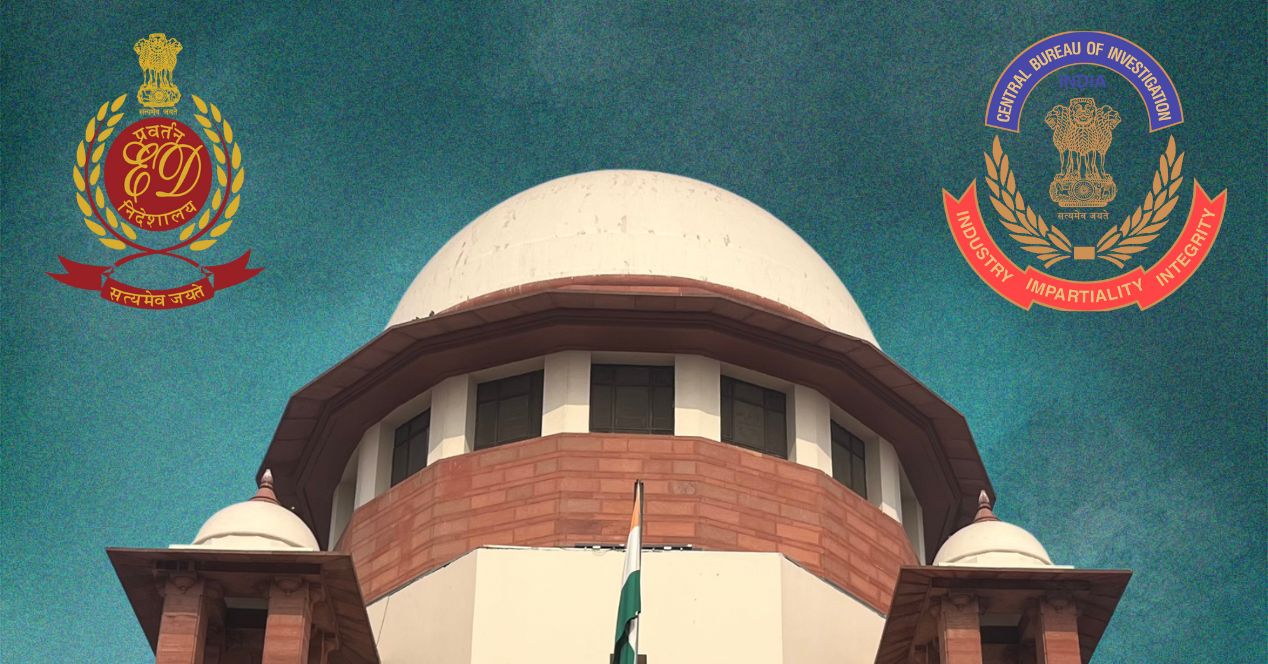Analysis
“This is a cat and mouse game”: Senior Advocate A.M. Singhvi on Arvind Kejriwal’s arrest
Singhvi argued that the arrest did not meet the criteria for arrest laid down by the Prevention of Money Laundering Act
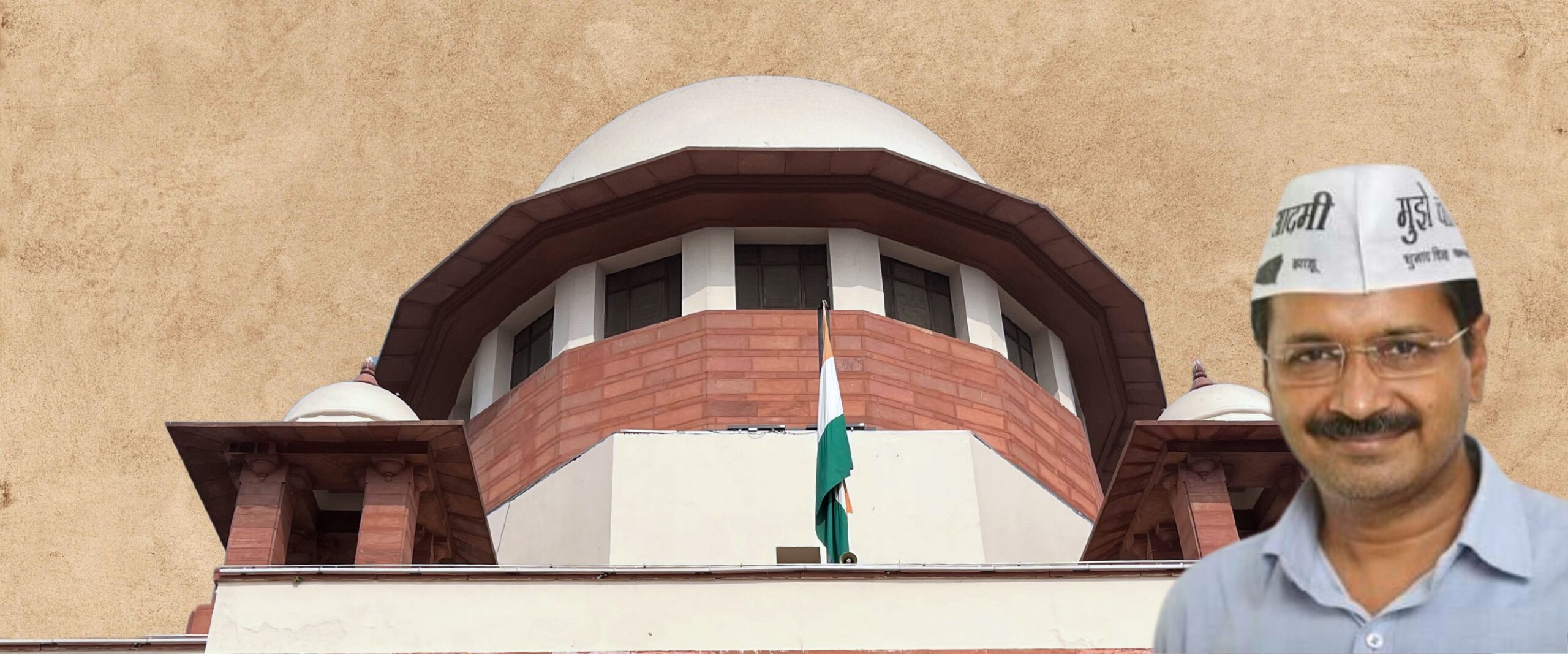
On 29 April 2024, a Division Bench of Justices Sanjiv Khanna and Dipankar Datta heard arguments on Delhi Chief Minister Arvind Kejriwal’s challenge to his arrest in the Delhi Liquor Policy case. Kejriwal is accused of being the “kingpin” and key conspirator of the Delhi excise scam, where he allegedly demanded kickbacks from liquor businessmen in exchange of favours. Kejriwal was arrested on 21 March 2024, and has been in custody since. The day’s hearing came a fortnight after the top court issued notice to the ED on 15.
In Court, Senior Advocate Abhishek Manu Singhvi pointed out that the Enforcement Directorate (ED) had no grounds to arrest Kejriwal under Section 19 of the Prevention of Money Laundering Act, 2002. The provision grants the ED the power to arrest.
Before substantial arguments began, Justice Khanna asked why Kejriwal had not filed a bail application yet. Singhvi plainly said: “Because the arrest is illegal.” Applying for bail, would be to admit that the arrest was lawful. Kejriwal has strongly contested his arrest by calling it an “unprecedented assault on democracy.” Notably, he is the first sitting Chief Minister to be arrested.
Why was Kejriwal arrested during the model code of conduct?
The model code of conduct before the 2024 Lok Sabha Elections was announced on 16 March 2024. Kejriwal, also the national convenor of the opposition Aam Aadmi Party, was arrested five days later. Singhvi pointed out that “enormous” documents with the investigative agencies made no mention of Kejriwal.
He referred to 10 documents i.e. five chargesheets filed by the Central Bureau of Investigation, three prosecution complaints by the ED, one First Information Report, and one Enforcement Case Information Report. None of these documents had mentioned the opposition leader. He then stated that Kejriwal’s name had also not appeared in the 15 statements recorded between September 2022 and July 2023 when the case was being investigated.
Singhvi proclaimed that Kejriwal’s arrest would only have been legitimate if the investigative bodies had found proof of his involvement. The ED, Singvi pointed out, had no such proof available in the recorded statements and documents. He stated, “They [ED] have accepted that [Kejriwal is] neither an accused nor a suspect until March 2024”. Singhvi asked: if the ED had in fact thought Kejriwal was involved, why had they let a “guilty Chief Minister” roam free for 1.5 years?
Arrest under PMLA unlawful
Kejriwal was arrested under Section 19 of the PMLA. He argued that the arrest did not meet the criteria laid down by the provision which requires that:
- The arrest has to be on the basis of material in possession with the ED
- There is reason to believe that the accused is guilty of the offence, with the reason recorded in writing
- The grounds for arrest should be communicated with the accused
Singhvi exclaimed that the “power to arrest” was not an “obligation to arrest.” He had already argued that there was no material possession in the ED’s hands. The ED had earlier pointed out that Kejriwal had refused to appear in person after multiple summons. Singvhi claimed that refusing to respond to summons by the ED does not reflect the guilt of an accused. The investigative body had claimed that non cooperation is punishable under Section 174 of the Indian Penal Code, 1860 which pertains to disobeying a legal order to appear at a particular place.
The Delhi High Court had rejected Kejriwal’s petition requesting protection from arrest on 21 March 2024. Kejriwal was arrested on that day. According to Singhvi, the High Court’s refusal was not indicative of Kejriwal’s guilt.
Arguments are expected to continue on 30 April 2024.

